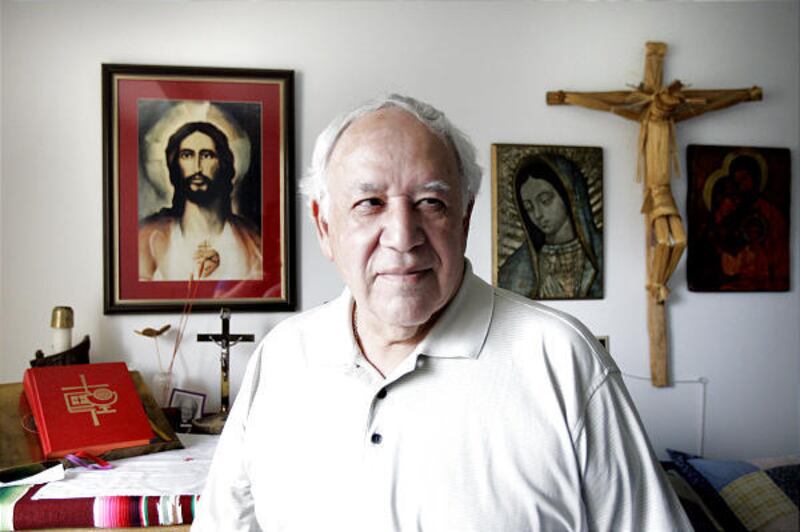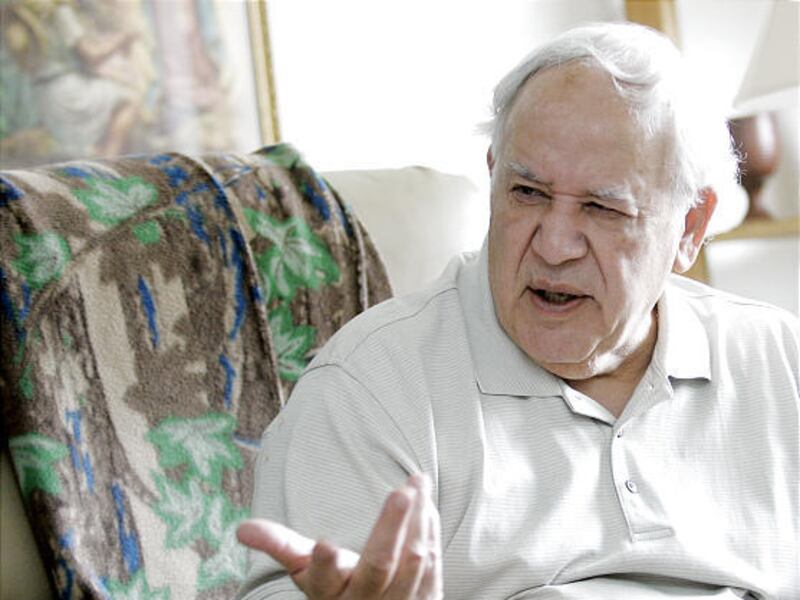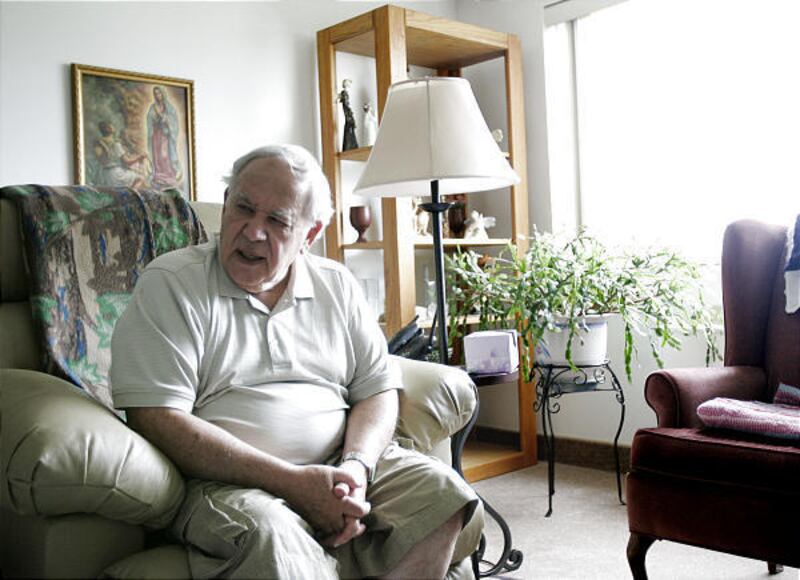SALT LAKE CITY — Having spent seven years preaching his Catholic faith on Utah's death row, the Rev. Reyes Rodriguez looked more than once into the cold stare of an evil man who had done terrible things.
Ronnie Lee Gardner was not one of them, he says.
"He had a gentleness about him, a humanity about him," said Rodriguez, a retired chaplain who worked in the Utah State Prison from 1989-96. "He wasn't a cold, calculating, ugly individual. He was a kind person."
Rodriguez, like others who have tried to preach hope to men many see as hopeless, holds a different view of the inmates who spend their remaining days in death row's 6-by-12 cells.
It is a hard place, to be sure. "You go on to the Row and you never know what you're going to get," said Matt Fellows, who spent more than four years as a chaplain for maximum-security and death-row inmates. "They have nothing to lose."
But, Rodriguez said, some of the condemned still have something to gain.
"I'm not looking at the person as a criminal, or assessing what he has done — the violence he has done. Rather I'm looking at a person whose life is out of order and who has acted in a very, very violent way. But this is a person. This is a child of God. For me, he is an individual who is seeking whatever he is seeking. Consolation. Solace. Forgiveness. Mercy. Sometimes, and not all the time, when I'm talking to one of the inmates, especially, in max security, they are looking for mercy and compassion and forgiveness."
Rodriguez baptized John Albert Taylor before his 1996 execution for raping and strangling 11-year-old Charla King in 1988. Rodriguez said he would teach Taylor about the faith in an interview room, with Taylor handcuffed, shackled and chained to a bolt on the wall.
Rodriguez stayed with Taylor up until his execution by firing squad, blessing him before and after his death.
Rodriguez said he would pray for Gardner when the inmate is executed Friday.
"They're broken, but human," Rodriguez said.
Gardner was sentenced to death in 1985 for shooting and killing defense attorney Michael Burdell in April of that year. Gardner was in court on charges stemming from the murder of Melvyn Otterstrom when he attempted to escape from guards and, with a gun slipped to him by an accomplice, killed Burdell and wounded court bailiff George "Nick" Kirk.
Fellows, a member of The Church of Jesus Christ of Latter-day Saints, said he has seen plenty of inmates have "come to Jesus" moments in prison.
"Inmates who come to prison, at least initially, it's such a shock for them," said Fellows, who added his years working with inmates left him feeling "burned out." "They have a tendency to reach out for anything that might give them comfort. This repentance, it plays a big role in many inmates' experiences, at least initially. But once they can accommodate themselves and get used to prison life, you realize you can do the time."
Fellows said he avoided contact with death-row inmates unless they specifically requested him. He did not specifically recall meeting with Gardner, but said he believed the condemned killer had likely changed in his quarter century behind bars.
"I think the problem is we have to get these guys executed much earlier if we're going to do it," Fellows said. "(Gardner is) probably a changed man. He's a different person. The person we're executing Friday is, in a very fundamental way, not the person who committed those crimes. Ask any John or Jane … if they're the same person they were 25 years ago and they would laugh at you. It's not practical to assume that the man who is going to walk the Green Mile, as it were, is the same person. He's had a lot of time to think."
Editor's note: The Deseret News will be tweeting information from the Utah State Prison before and after the execution. Go to Twitter.com and follow @DNewsCrimeTeam.
E-mail: afalk@desnews.com
TWITTER: DNewsCrimeTeam



